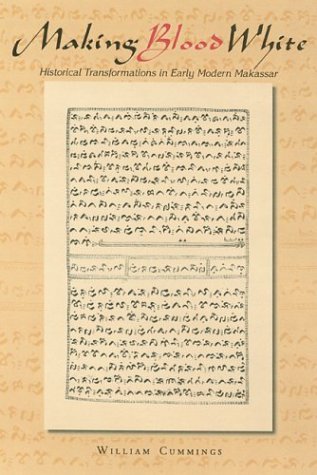

Most ebook files are in PDF format, so you can easily read them using various software such as Foxit Reader or directly on the Google Chrome browser.
Some ebook files are released by publishers in other formats such as .awz, .mobi, .epub, .fb2, etc. You may need to install specific software to read these formats on mobile/PC, such as Calibre.
Please read the tutorial at this link: https://ebookbell.com/faq
We offer FREE conversion to the popular formats you request; however, this may take some time. Therefore, right after payment, please email us, and we will try to provide the service as quickly as possible.
For some exceptional file formats or broken links (if any), please refrain from opening any disputes. Instead, email us first, and we will try to assist within a maximum of 6 hours.
EbookBell Team

4.0
96 reviewsThe significance Makassarese accorded written histories was derived from their perceptions of language as a powerful force and the belief that written manuscripts were essentially sacred objects worthy of veneration and protection. Makassarese viewed their histories not as representations of the past, but as preservations of a past still alive, relevant, and immediate to the present. This positioned the arrival of literacy and the spread of written history-making to have decisive effects on early modern Makassar. Cummings traces these effects by analyzing concurrent developments in three interrelated areas. Socially, written histories were vital in the creation of a new, increasingly hierarchical social formation based on a fundamental distinction between white- (noble) and red-blooded (commoner) descent. Politically, new narratives of the past displaced older ones, and in so doing established the kingdom of Gowa as the center of Makassarese society. Culturally, the presence of historical manuscripts was influential in creating the idea that Makassarese possessed a "culture," which could be defined and to which they could refer.
Finally, Cummings considers the implications this volume has for the study of the past in early modern Southeast Asia and beyond. He offers an assessment of the predominant way historians perceive the study of this region and time and suggests an approach that promises to enrich and extend not only our understanding of the past, but of how the past might be better approached in the histories we make.
Making Blood White bears in important ways on the historiography of Southeast Asia in general and will be read by students of the region's history and anthropology as well as by those interested in the relationships of history, literacy, and politics in premodern Asia.